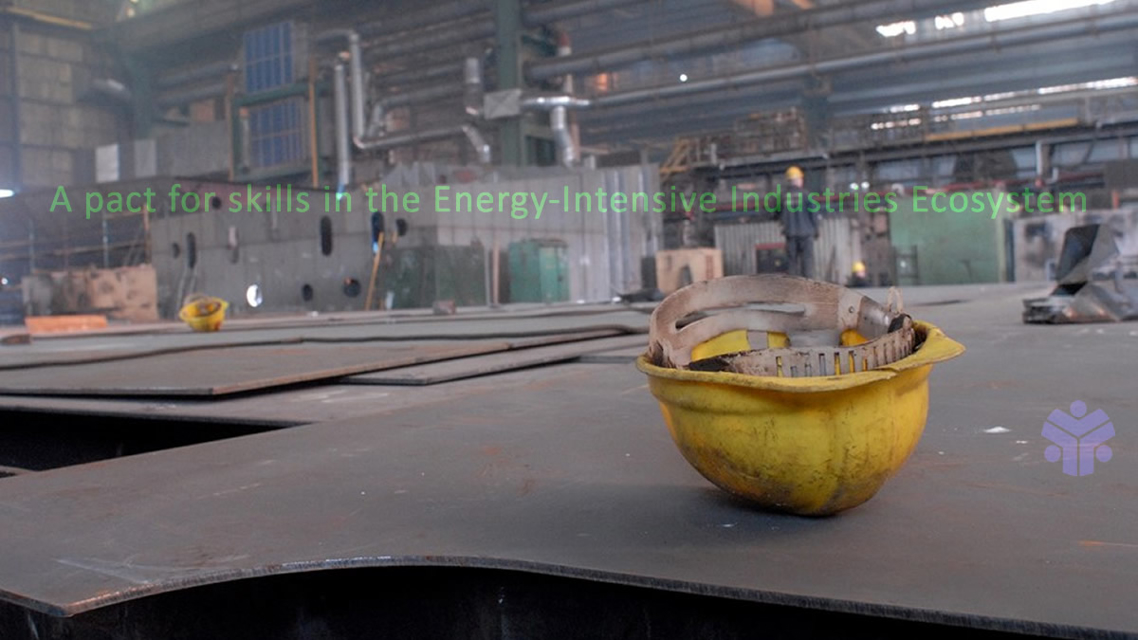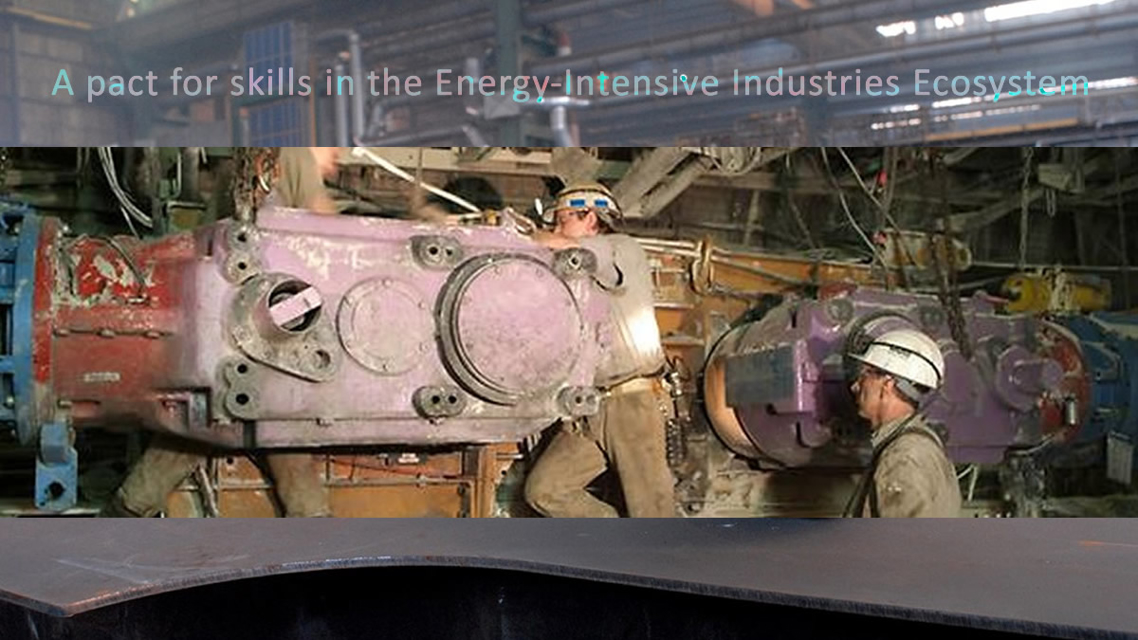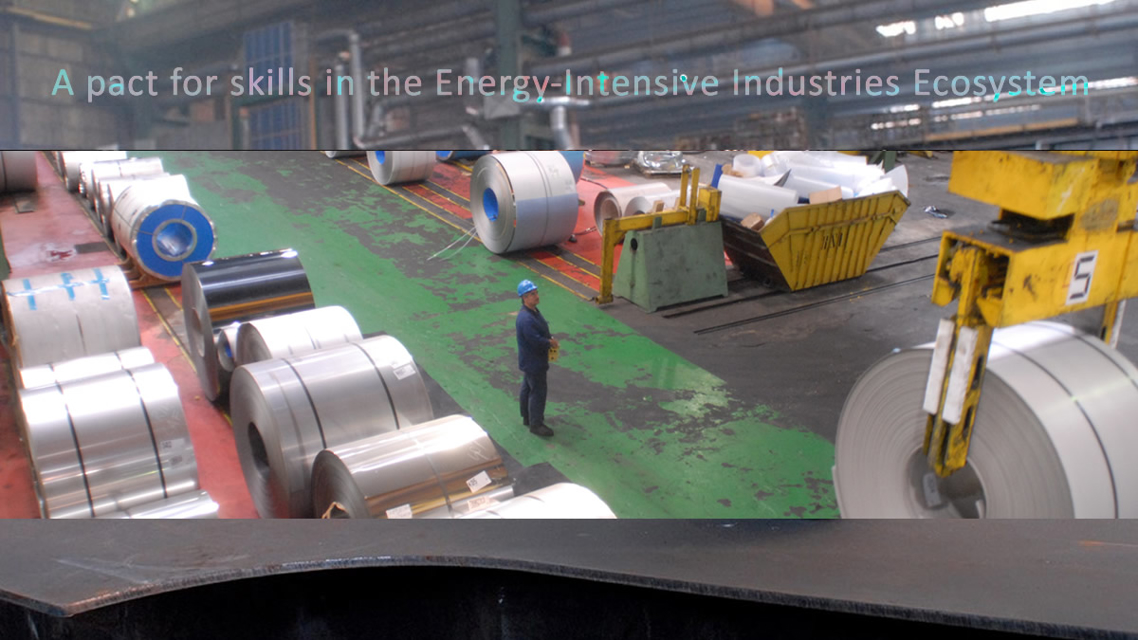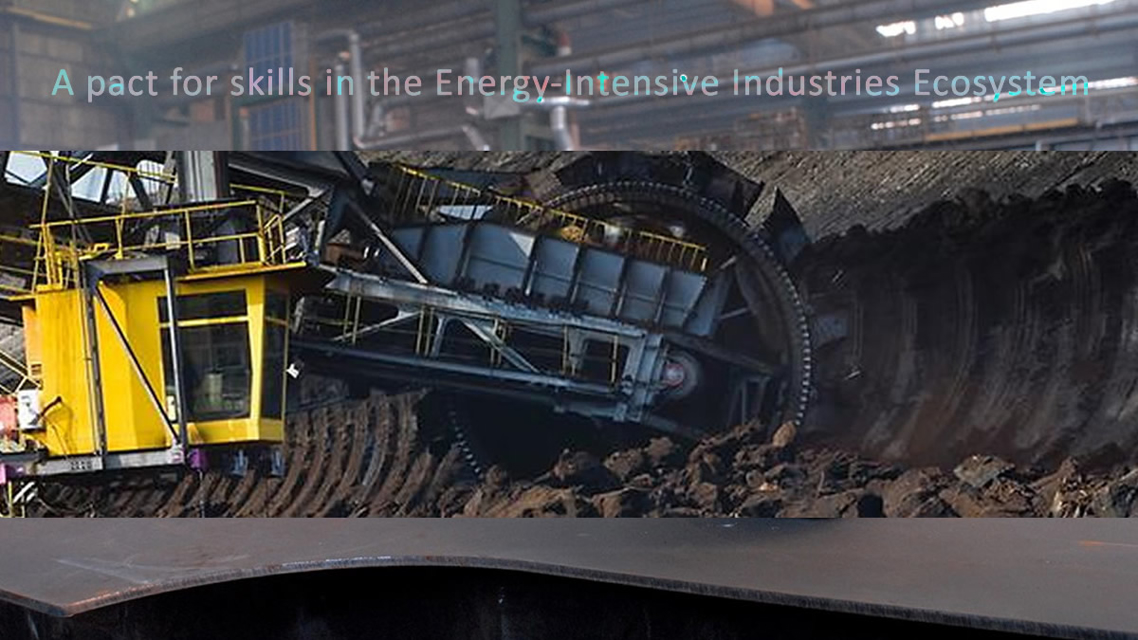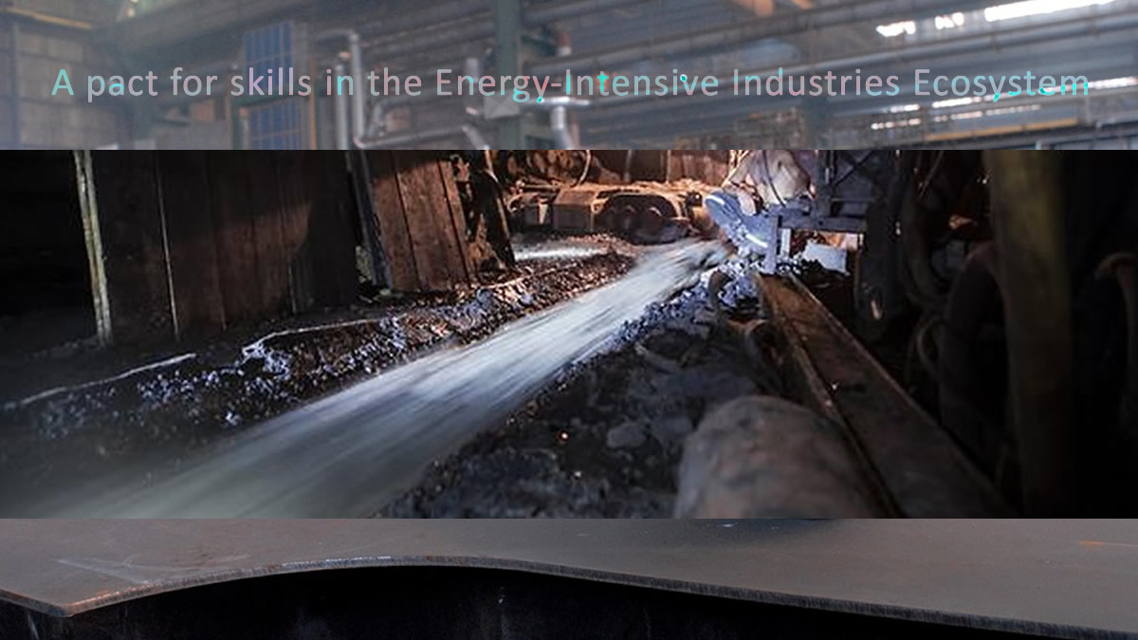best skills policies will fail if we don’t get the industrial policy framework right
The aim was to listen to stakeholders’ demands and recommendations in the context of skills demands in transitioning sectors. The analysis and messages from the ground were all hinting in the same direction:
- Almost all speakers confirmed that there is a mismatch between skills offer and demand, which is a barrier for recruiting
- There is also an aging workforce in many of the sectors
- There is a problem with recruiting young people due to a general tendency of the young to choose higher education over VET
- Skills needs will be much more in terms of digitization, data analysis, robotics, resource and energy efficiency, circularity and material re-use
- There is a general need to attract more young people - and women in particular - to pursue STEM subjects (science, technologies, engineering, mathematics)
- Re- and upskilling of workers and lifelong learning will be crucial to retain workforce in the industry
Judith Kirton-Darling, representing industriAll Europe in the Roundtable reminded participants about the strong link of the industrial and climate strategy and a Just Transition Framework:
“Policy makers have a specific moral and political responsibility for ensuring that Just Transitions are possible for workers in our energy-intensive industries, in every region. Just as we need a review of the current climate goals, we need similar political energy in our anticipation framework to ensure timely re- and upskilling for all workers in all regions. A Pact for Skills should increase and intensify cooperation and investment.”
She further stressed the need of an EU legal framework for the anticipation and management of change which recognises the vital role collective bargaining plays in anticipating change. This framework would be also necessary to ensure a new influx of new workers to the industry, especially young people and women, as working conditions and personal development are driving factors shaping the attractiveness of our sector.
Finally, she reminded the participants that even the best skills policies will fail if we don’t get the industrial policy framework right and ensure that good jobs are being created and maintained.
Contact: Andrea Husen-Bradley (Press & Comms); Corinna Zierold (Senior Policy Adviser)
